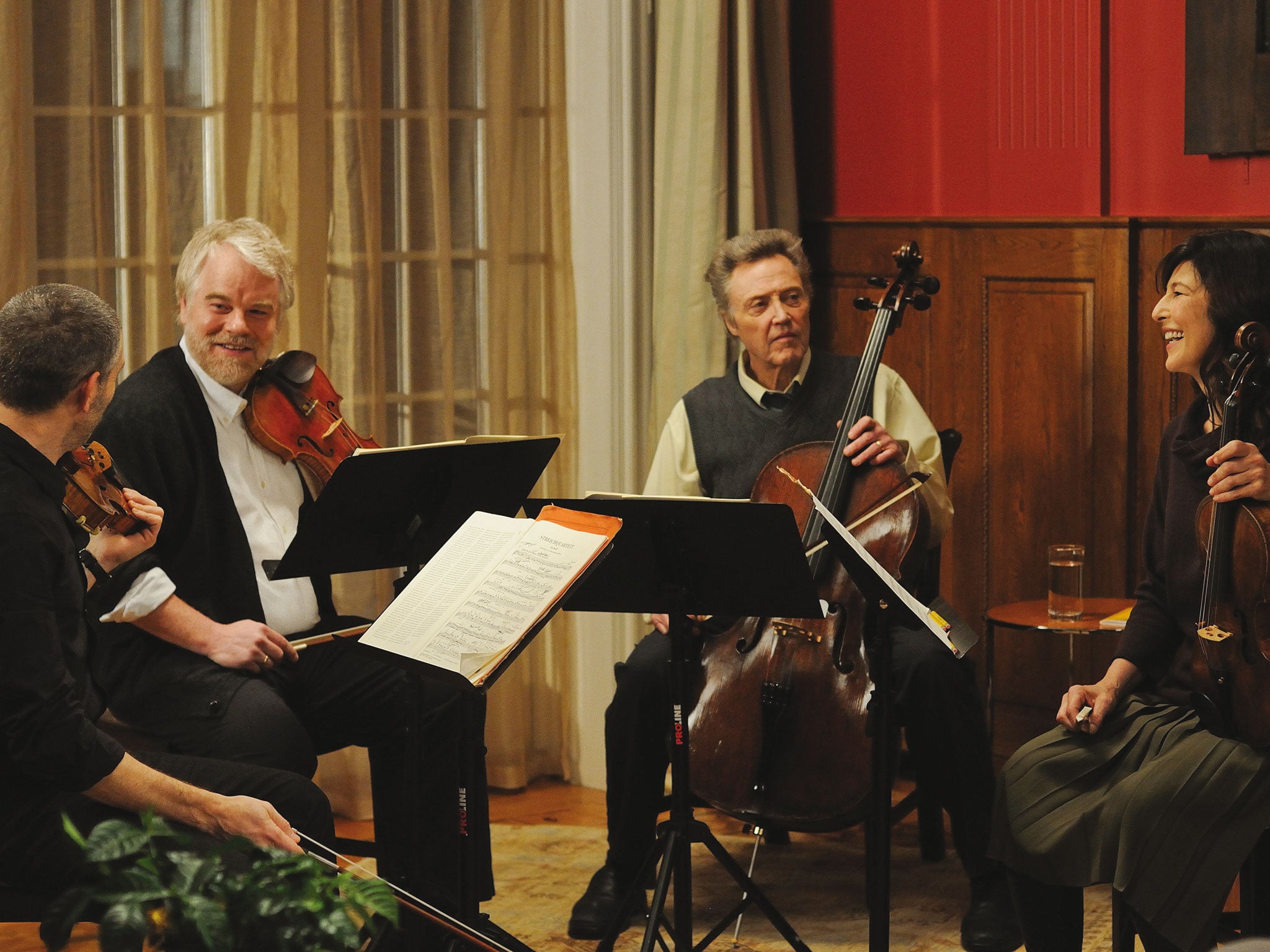There's nothing classy about making a display of your passion for high art
Plus: Let's put new limits on limited editions and when ghoulish humour helps

Did you try out the BBC British Class Calculator? If so I'm guessing – since you're reading Radar – that you will have scored high on the Cultural Capital section, unless, that is, your score on the Economic Capital section was so low as to rule out any personal involvement in cultural activities. If you did, though, it seems you will have enhanced your chances of making it into the Elite, one of seven new class divisions proposed as a replacement for the old upper, middle and working class slices of the sociological pie. This is, according to the results page of the online test, "the wealthiest and most privileged group in the UK", formed of people who "enjoy high cultural activities such as visiting museums and listening to classical music". And when I read that I found myself wondering about the verb "enjoy". Certainly it's true that the wealthiest and most privileged people in the UK are well-represented among museums' friends' societies and opera season-ticket holders. They engage in a lot of high cultural activities. But do they enjoy them? Or do they just do them because that's what elites do?
Possibly the doubt is a little cynical but I know what triggered it. And it was a deployment of high culture that struck me as owing a great deal to status and not a lot to enjoyment. The field of operation was Yaron Zilberman's film A Late Quartet (pictured), a movie set among New Yorkers who would almost certainly qualify as Elite if they took the BBC test. Zilberman's film is about a world-famous string quartet whose 25-year partnership is unsettled when the oldest member is told that he's in the early stages of Parkinson's disease. His illness discloses all kinds of other tensions in the group – long held in check but now suddenly released by the possibility of change. Personal ambition, thwarted and forbidden love affairs, workplace rivalries and old family grievances suddenly tumble out of the closets in which they have wisely been locked. It's like a busy episode of EastEnders.
Except, of course, that it's nothing like EastEnders because it mentions Beethoven's String Quartet in C-Sharp Minor and opens with a professorial type reading an extract from TS Eliot's "Burnt Norton". From the very beginning of the film you can't be in any doubt that it is serious about art, and that the art it is serious about is of the highest brow available. Just in case you're in any doubt about the film's credentials, it has two of its characters conduct one of their anguished conversations about life in the Frick Gallery, in front of a Rembrandt self-portrait. And just in case you're in doubt about how seriously you're meant to take that Zilberman gives you a solemn close-up of Rembrandt's face, so you can gaze reverently on this exemplar of high cultural aristocracy.
You may be able to detect that it got on my nerves – not because Beethoven's Opus 131 isn't a beautiful piece of music. And not because Rembrandt's late self-portraits aren't a moving contemplation of old age. A Late Quartet got on my nerves because it garlanded itself with those works as badges of its own superiority. I found myself comparing it, very unfavourably, with Michael Haneke's art-glutted film Amour, another movie that begins at a music recital and features long close-ups of paintings but for which those moments are expressions of character rather than nudging reminders of its intellectual seriousness. The BBC's Class Calculator seems to think it's classy to have a passion for poetry and the concert hall. A Late Quartet reminds you that it's anything but classy to go on and on about it in the hope that an audience will think you're part of an elite.
New limits on limited editions
Not sure what I feel about William Eggleston's victory in a US Federal Court over a collector who'd sued him for fraudulent misrepresentation, after Eggleston produced new versions of photographs the collector purchased as limited editions. The court ruled on the grounds that a larger digital print wasn't the same as the originals. You can't help feeling that the words "limited edition" are unlikely to be trusted in future. If they aren't, the basis for the high prices of short runs of photographs starts to disappear. Eggleston and his colleagues will have to take care they don't squeeze that golden goose too hard as they encourage it to expel more eggs.
When ghoulish humour helps
I greatly admired Iain Banks's line – in the statement revealing that he's dying of late-stage gall bladder cancer – about asking his partner "if she will do me the honour of becoming my widow". Banks followed it up with an apology to his readers – "Sorry, but we find ghoulish humour helps" – though it's hard to imagine that even the most devoted fan will feel that an apology was necessary. The joke was not only a good one but deeply reassuring in a way, proof that the dry wit that marked Banks's work and public statements had not been entirely dried up by terror. At what must have been a pretty bad moment Banks stuck to the writers' essential creed, which is never to look a cliché in the eye without taking the opportunity to slap it around a bit.
Join our commenting forum
Join thought-provoking conversations, follow other Independent readers and see their replies
Comments
Bookmark popover
Removed from bookmarks